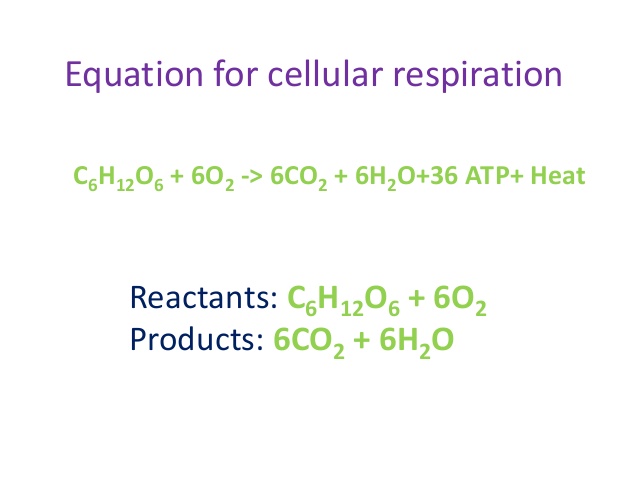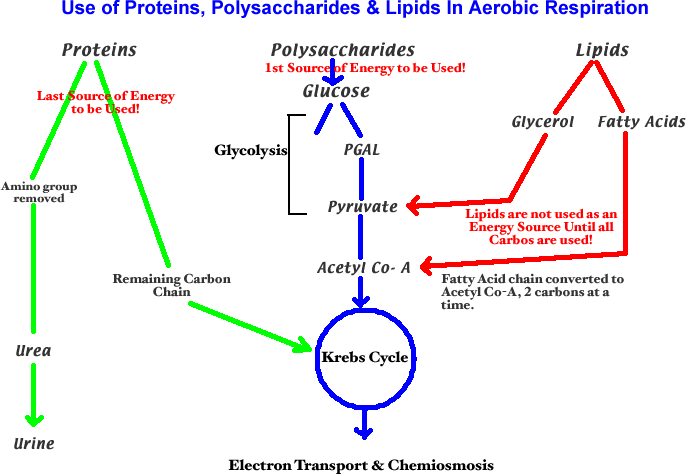As a thought experiment, consider the case of Angus Barbiery, who allegedly lost almost 200kg in about a year by not eating at all, save for necessary nutrients provided as supplements.
My question is, where did those 200 kilograms go.
And please, don't suggest that it was "converted to energy". 200 kilograms of mass would be approximately equivalent to 1.8*1016 joules. For comparison, Czech nuclear power-plant Temelín generates approximately 4.3*1016 joules of energy.
So how does the mass exit the body after the glucose is metabolized?


